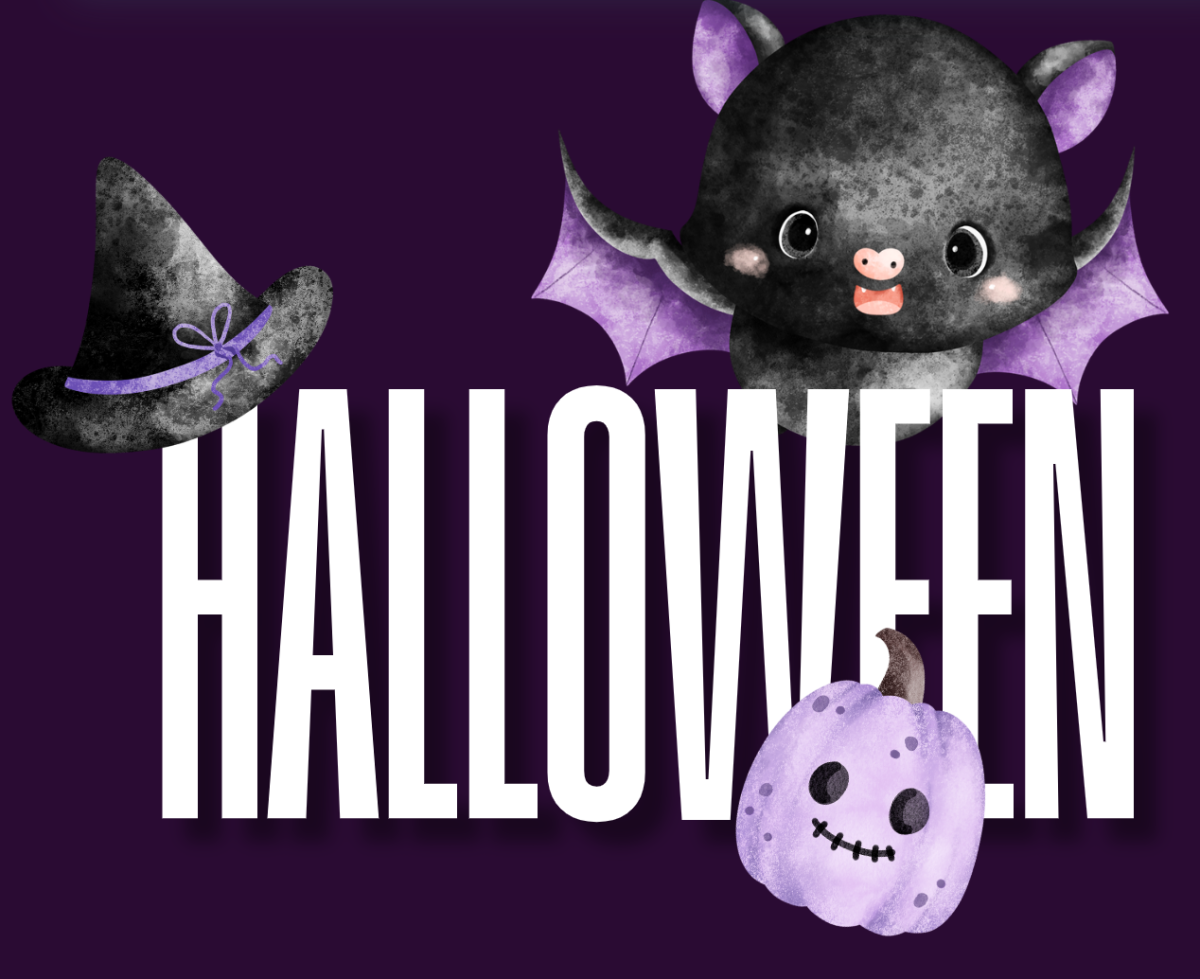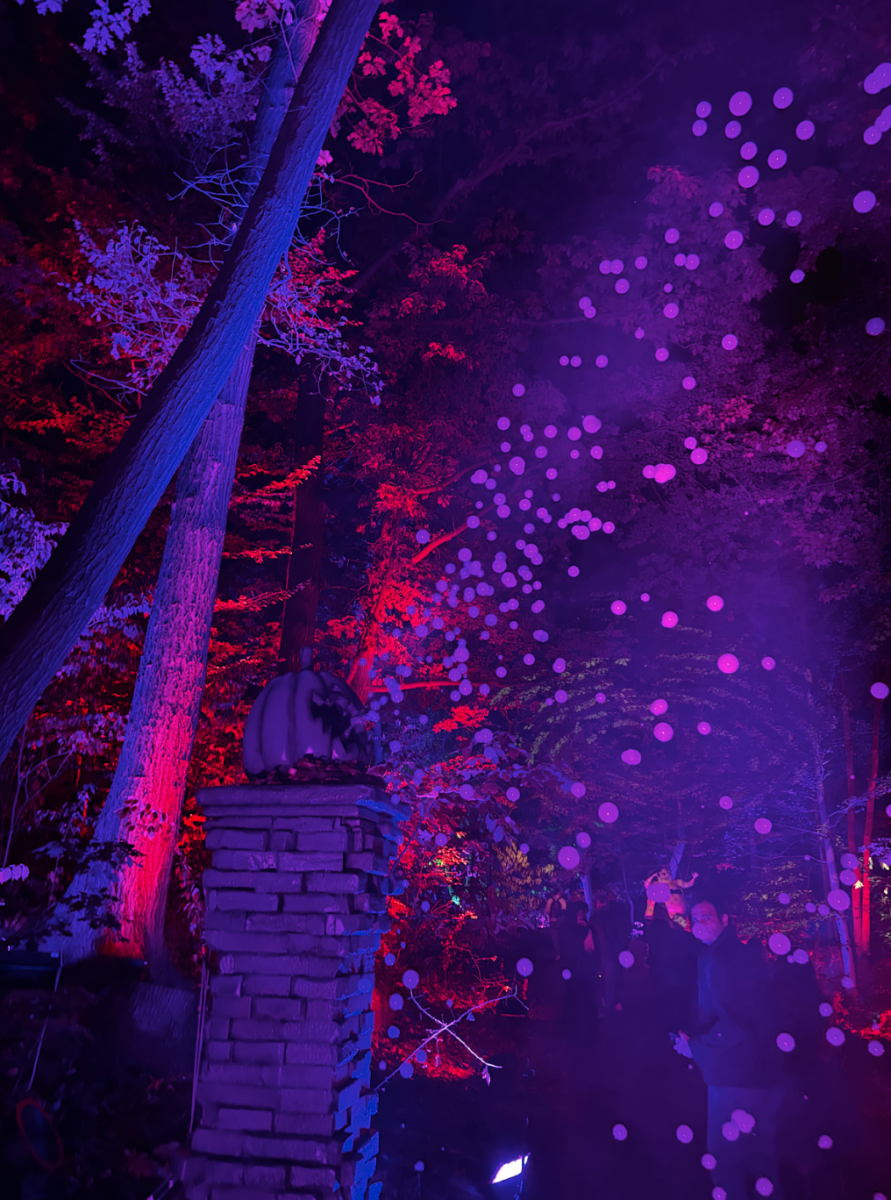Based on the science fiction novel “Mickey7” by Edward Ashton, “Mickey 17” follows the titular character, played by Robert Pattinson, as he signs up to be an “expendable” for a space expedition colonizing an ice planet. In an attempt to escape his financial troubles on Earth, Mickey Barnes unintentionally volunteers to die over and over and over again, only to be resurrected with his memories and body intact. But when the 17th version of Mickey survives after what should have been a fatal fall, he returns to the spaceship only to find Mickey 18 has taken his place. In the near future, in a clone-printing world, duplicates of expendables are absolutely forbidden, and naturally, chaos ensues.
Pattinson’s performance is brilliantly absurd. Sporting a squeaky voice and awkward physicality, Pattinson dives headfirst into the hilarious, existential nature of the role. Every iteration of Mickey Barnes has a slightly different personality than the others, allowing Pattinson to have fun creating distinct individuals out of the same character. And you can tell he’s having a blast. Pattinson fully commits to the chaos through a cartoonish yet poignant performance, as his commitment to the role carries the bulk of the film.
Mark Ruffalo and Toni Collette’s performances, characterized by overacting, fall flat; Ruffalo plays Kenneth Marshall, the leader of the expedition, while Collette portrays his wife, Ylfa. The Kenneth Marshall character was a not-so-subtle caricature of Donald Trump, and unfortunately, Ruffalo leans too heavily into impersonation instead of creating his own character. Collette’s character is initially framed as the brains behind Kenneth Marshall, but around halfway through the film, a switch happens, and they both devolve into eccentric, one-note characters.
“Mickey 17” lost $75 million, and after watching the film, it is not difficult to see why. The sci-fi political satire is complicated and tries to tackle too many issues at once, leading to a surface-level treatment of each theme. And like Ruffalo’s performance, the film’s messaging is heavy-handed to the point of distraction. Director Bong Joon Ho has never been one for subtlety, but the film tries to juggle all of these themes — capitalism, wealth inequality, white supremacy, colonization, environmental collapse and more — without giving them the proper time and nuance they deserve.
Despite these problems, the film was incredibly fun to watch. There is a wild, frenetic energy coursing through each scene, and Pattinson’s offbeat performance gives the story a hard-to-resist charm. The plot is also unique and fresh, something that feels increasingly rare in today’s Hollywood landscape of reboots and sequels. At the heart of the film lies a surprisingly touching love story between Mickey and his girlfriend, Nasha (played by the fantastic Naomi Ackie). Their relationship is the driving force of the film, grounded in warmth and quiet strength to perfectly act as the film’s emotional anchor.
“Mickey 17” is an ambitious film that does not always succeed in storytelling, yet still, there’s something about the film that makes it worth watching. It’s messy but also bold, weird and never boring. For all of the heavy-handedness, “Mickey 17” still manages to entertain, creating an imperfect but no doubt exhilarating movie-watching experience.










































































































































































































